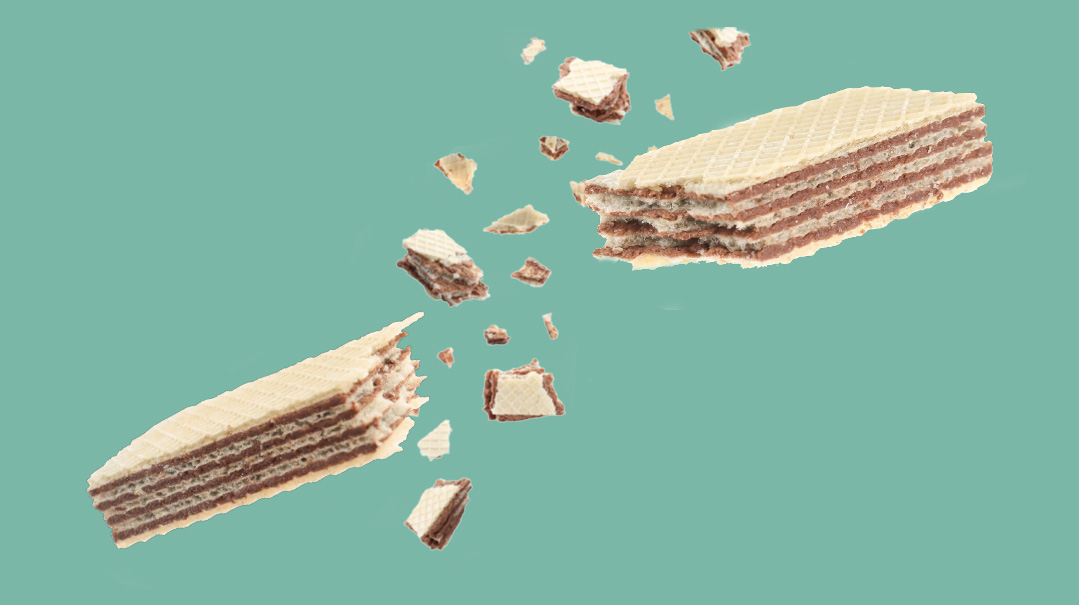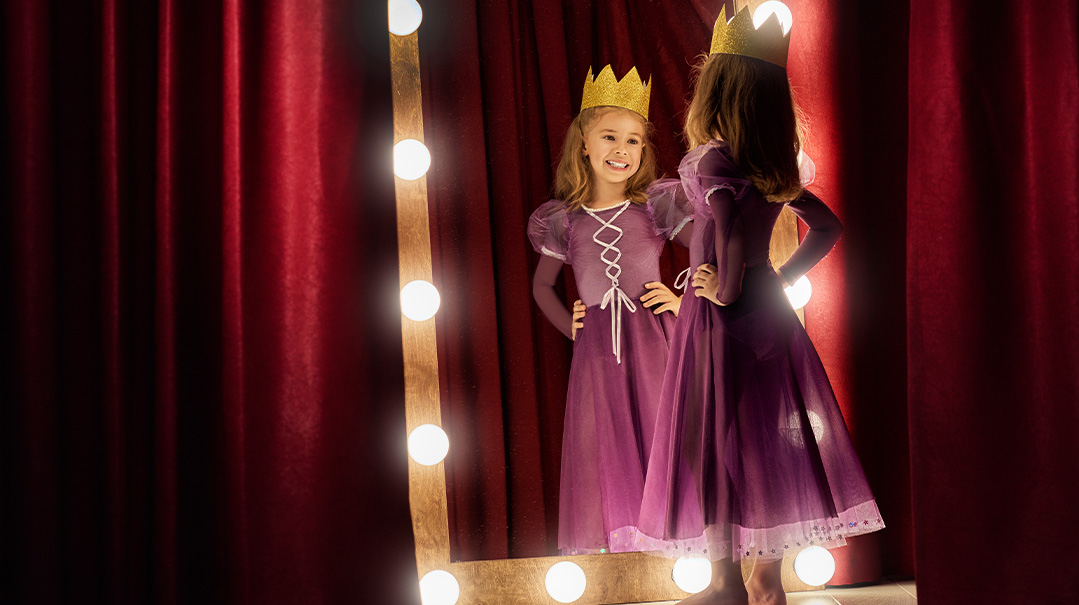Fond Memories
| August 30, 2022Looking back, I see the power of the past

B
ais Yaakov Esther Schoenfeld was the high school I attended. Located at 142 Broome Street on the Lower East Side, the building was a renovated former public school, a huge improvement on the ancient and inadequate elementary and high school buildings on East Broadway that had previously housed the school.
I don’t know who Esther Schoenfeld was, but there was a picture of her in the lobby near the financial office. I liked looking at that picture, found it comforting. She looked very regal and serene, as if to say: the past and present you know, and the future will take care of itself. Not bad for a black-and-white portrait.
Many of us waited in the lobby when we were called in because our parents owed tuition, and sometimes our report cards or diplomas were put on hold pending payment. We took it in stride; there was plenty of company waiting on line at the office. Many of us were children of survivors; our parents came to this country penniless and unable to speak the language. It was a miracle they were able to pay tuitions at all.
Rabbi Yisroel Garber ztz”l was the dean. He also had the monumental responsibility of making sure the school had the backing and the funds it needed to operate. It seemed as if everyone was involved in fundraising from the administration to the G.O. There were also organizations and benevolent individuals connected to and supportive of the institution. Above all, Rav Moshe Feinstein ztz”l was the rabbinic authority, and I don’t believe that a girl was ever sent away from the school.
It was 1963, and I was in the tenth grade. Rabbi Aharon Rabinowitz taught us Mishlei in the morning and history in the afternoon. His enthusiasm was contagious, as was his delight in the commentary of Rabbeinu Yonah and the Vilna Gaon.
Now, more than half a century later, I no longer remember the details, but I do remember that Shlomo Hamelech speaks a lot about fools, whose foolishness is unrelated to IQ, but rather a result of bad attitude and poor choices.
On occasion, when the lesson went quickly and we’d covered the intended material, instead of padding the lesson with redundancy, Rabbi Rabinowitz would say, “I have nothing more to add, you can do your homework.”
One day in history class, a student was blatantly disrespectful. We were stunned; there was an almost audible intake of breath followed by a subsequent stillness, much like the falling barometer before a storm, as we braced for an explosion.
Instead, Rabbi Rabinowitz put his head down in his hands and counted slowly and quietly to ten. Then, he picked up his head and smiled. “I didn’t get angry,” he said.
After decades of life, when school days fade, it is the teacher’s integrity, personality, and the behavior he models that remains.
Every winter our school ran a bazaar to raise money. In 1963, before we understood that tobacco is a major health hazard, the pipe was still an admired scholarly prop — it smelled good, and made people happy. Someone had donated a large bag of pipes to the bazaar.
We were in middle of a history class, when we had visitors. I think it was the regulars — Rochel, Susan, Tova, and a few others. They came in with the pipes. Rabbi Rabinowitz was the only faculty member who smoked a pipe, and these “bazaar helpers” wanted him to help them price the merchandise. (I always marveled at how these girls always managed to get out of class to “help.” I, unfortunately, never mastered the art of getting excused from class.)
That day, we’d been warned that a delegation of important politicians and donors would be visiting the school, and Rabbi Garber would be taking them around into the classrooms. So, before the pipes were dumped on the desk, a lookout was posted in the corridor to let us know when Rabbi Garber would arrive in our part of the building.
The pricing began, and as for the class, we didn’t mind one bit. Books were closed; desks were turned in all directions, and we gathered in clusters. Hair was styled, nails examined, social lives overturned; even some homework was fit in.
Suddenly, the comfortable hum in the classroom was broken by the appearance of the lookout, who yelled, “They’re here!” The dignitaries were about to open the door to our classroom.
In about five seconds, the pipes were thrown under the desk, the visiting girls disappeared into the closets, and everyone turned her desk to face forward with just enough time to open the history textbook to a random page.
We all looked a little dazed as a smiling Rabbi Garber stood with his guests in front of the class to observe us in action. There was only stunned silence. And then, Chana Rivka, with her big blue eyes and angelic expression, raised her hand. When she was called on, she asked very matter-of-factly,” Rabbi Rabinowitz, can I answer the next question?”
What question? Rabbi Rabinowitz was at a momentary loss, but collected himself sufficiently to give her the go ahead. She read one of the questions in back of the chapter we were studying and answered it with aplomb. The VIPs beamed their approval and left the room.
As soon as the door closed behind them, we exploded. Tears ran down our cheeks, and the room shook with laughter. I can’t remember ever laughing so hard. The sound must have reverberated in the hall, and we wondered what did our departing guests thought when they heard us.
As I think back to those high school days, I’m reminded of the time I sat on the subway with a group of elderly ladies. When they arrived at their stop, one of them called out, “Girls, we get off here.” I thought it was funny to refer to white-haired matrons as girls.
Now that I, too, am a senior citizen, I understand that youthful friendships are sometimes frozen in time and that our memories contain the unaltered images of our high school days. Those were wonderful years and I was privileged to share them with exceptional girls and some remarkable teachers. Looking back, I see the power of the past. Decades after the laughter dies down, it can come back as a memory that still brings a smile.
(Originally featured in Family First, Issue 808)
Oops! We could not locate your form.







